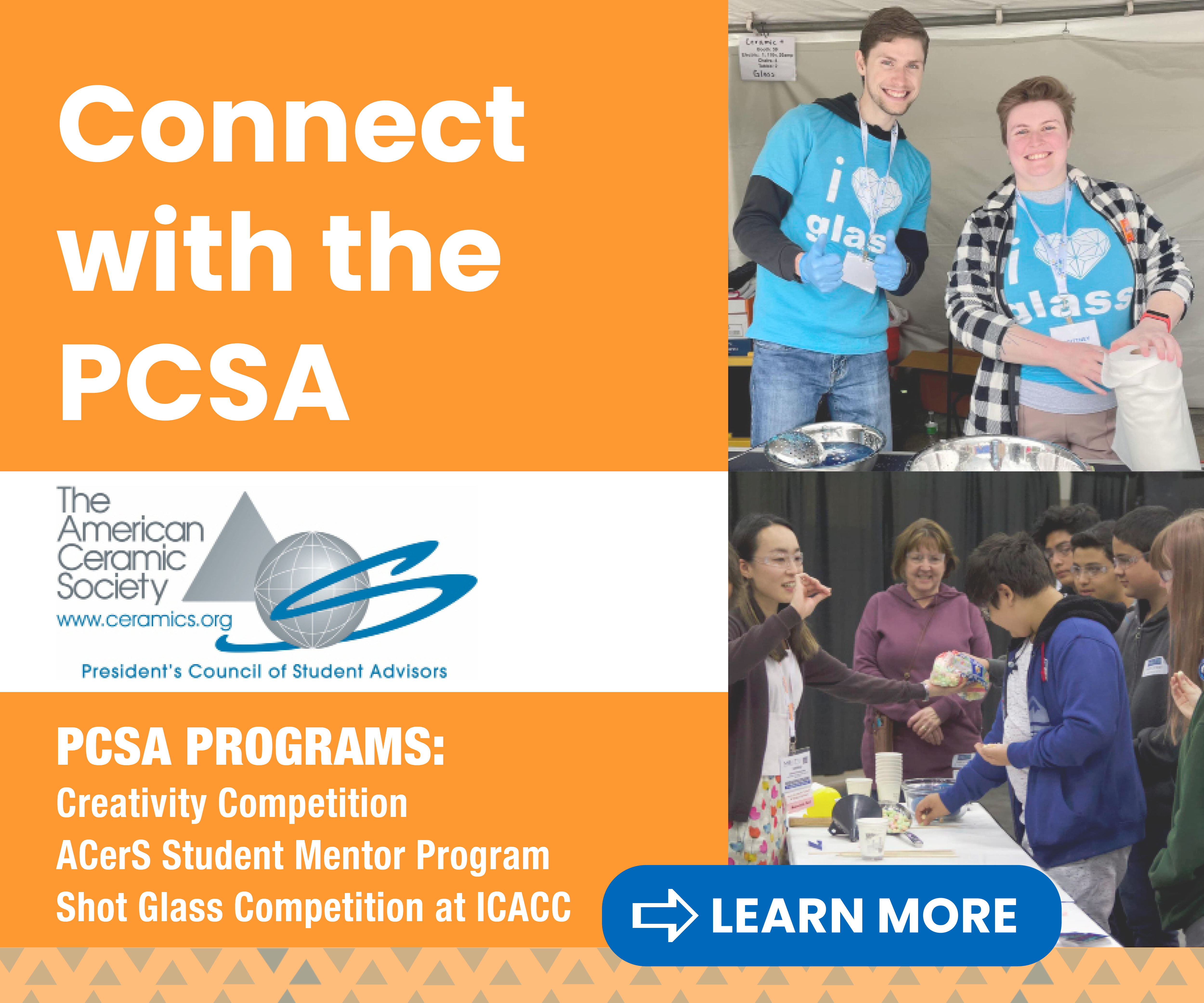AI with national nuances
AI holds significant potential for revolutionizing the ceramics and materials industries in general, as outlined in “The synthetic data revolution: How AI is redefining quality control in ceramics manufacturing” (page 34). Achieving this potential, however, requires the coordinated efforts of academic, industrial, and governmental institutions to create AI systems that cater to each sector’s unique needs.
On July 25, 2025, the Ministry of Science and ICT and the National Information Society Agency released details about the Performance Evaluation Dataset Construction Project.2
The announcement noted: “Global big-tech companies have released a range of generative-AI services, yet most benchmark tests still rely on English-language metrics and do not adequately reflect the usage environment of Korean-language services.” The government therefore committed to investing 2.4 billion won (~US$1.7 million) “to construct high-quality performance-evaluation datasets that embody Korea’s culture and social values while enabling an objective diagnosis of both domestic and overseas AI models.”
This news followed the June 27, 2025, call for participants in developing Korea’s Proprietary AI Foundation Model.3 The Ministry of Science and ICT, National IT Industry Promotion Agency, National Information Society Agency, and Institute for Information & Communications Technology Planning & Evaluation jointly advocated for a “public–private collaboration to develop a globally influential Korean AI foundation model…aiming for ≥95% performance against leading global models.”
Research institutes converge on AI
With these priorities in place, Korea’s institutes are stepping up their efforts to attract and deploy the talent needed to give the country a global competitive advantage in AI.
KAIST
The Korea Advanced Institute of Science and Technology was founded in 1971 under the Korea Advanced Institute of Science Act,4 which defined its mission as
- “To train advanced science and technology talent with in-depth theoretical knowledge and practical application skills,” and
- “To conduct basic/applied research for national mid/long-term R&D projects and to advance Korea’s science and technology prowess.”
Today, it comprises five colleges, seven schools, and 13 graduate schools with a total faculty and staff of more than 1,500. It is also home to nearly 200 centers, institutes, and laboratories, including the Research Center for Next-Generation Metal-Supported Protonic Ceramic Fuel Cells, KAIST-Hansol Center for Advanced Materials and Devices, Center for Advanced Materials Discovery Towards 3D Displays, Quantum Materials Research Center, Global Bio-integrated Materials Center, Soft Nanomaterials Lab, and Center for Functionally Antagonistic Nano-Engineering: Creative Research Initiative.
On June 16, 2025, KAIST announced the launch of the Innovation-Core (InnoCORE) Research Group. This new venture, which was organized in cooperation with the Ministry of Science and ICT, Daegu Gyeongbuk Institute of Science & Technology, Gwangju Institute of Science & Technology, and Ulsan National Institute of Science and Technology, aims to “foster core research personnel who will lead innovation in the field of AI convergence,” a KAIST statement says,5 “to prevent brain drain of domestic talent and attract excellent overseas talent amidst the accelerating global competition for AI talent.”
KAIST operates research groups focused on hyper-scale language model innovation, AI-based intelligent design-manufacturing integration, AI innovation drug development, and AI-transformed aerospace systems. Additional groups (including some led by partner institutes) are intended to “promote global collaborative convergence research” in bio-integrated physical AI, intelligent hydrogen technology innovation, and AI-space solar power research.
To meet one of its initial goals of recruiting “up to 200 world-class postdoctoral researchers,” InnoCORE Research Group held job fairs during June 2025 at Northeastern University’s Egan Research Center in Boston, New York University’s Metrotech campus in Brooklyn, and the Korea Innovation Center in Silicon Valley.
KIMS
With its mission of contributing to industrial advancement, Korea Institute of Materials Science engages in processing technology for ceramics, metallurgy, surface-related materials, composites, and materials convergence as well as R&D for material verification and authorization and certification of components. It carries out those activities through research divisions dedicated to extreme materials, lightweight materials, nanomaterials, composites and convergence materials, energy and environment materials, advanced bio and healthcare materials, materials processing, and materials data and analysis research.
On June 30, 2025, KIMS announced that it is setting up an autonomous “self-driving laboratory” in which experiments can be conducted by AI.
“When a researcher inputs the desired material properties, the AI identifies the most efficient experimental conditions, and a robot automatically carries out the experiments,” the announcement says.6 “The results are then analyzed by the AI and used to guide the next set of experiments.”
This move is seen as reducing the amount of time and cost needed to develop new materials, but KIMS sees advantages beyond an accelerated pace of R&D.
“By continuously accumulating and analyzing experimental data, the AI is able to learn autonomously, eventually enabling sophisticated experimental design,” the announcement says. The design is intended to provide “a fully automated, end-to-end research environment in Korea” that KIMS can advance “by developing a digital twin laboratory, integrating multimodal AI models, and releasing large-scale materials datasets.”
Return to main article: “Korea’s ambitious intelligence“
Cite this article
R. Hecht, “Korea’s ambitious intelligence,” Am. Ceram. Soc. Bull. 2025, 104(8): 26–33.
About the Author(s)
Randy B. Hecht is founder and owner of Aphra Communications (Brooklyn, N.Y.). She works extensively with clients in Europe, Asia, and the Americas on materials science content produced for global audiences. She has written The American Ceramic Society’s annual report on international ceramics and glass markets since 2009. Contact Hecht at rbhecht@aphra.com.
Issue
Category
- International profiles
Article References
2“MSIT launches project to build Korea-centric evaluation datasets for AI foundation models,” Ministry of Science and ICT. Published 25 July 2025.
3“‘Proprietary AI foundation model’ project enters full‑scale launch,” Ministry of Science and ICT. Published 27 June 2025.
4“KAIST ESG report 2024,” KAIST. Published August 2024.
5“‘InnoCORE Research Group’ launched to lead AI convergence innovation,” KAIST. Published 19 June 2025.
6“KIMS develops AI-driven fully automated research system for the entire materials research lifecycle,” KIMS. Published 30 June 2025.
*All references verified as of Aug. 5, 2025.
Related Articles
Market Insights
Engineered ceramics support the past, present, and future of aerospace ambitions
Engineered ceramics play key roles in aerospace applications, from structural components to protective coatings that can withstand the high-temperature, reactive environments. Perhaps the earliest success of ceramics in aerospace applications was the use of yttria-stabilized zirconia (YSZ) as thermal barrier coatings (TBCs) on nickel-based superalloys for turbine engine applications. These…
Market Insights
Aerospace ceramics: Global markets to 2029
The global market for aerospace ceramics was valued at $5.3 billion in 2023 and is expected to grow at a compound annual growth rate (CAGR) of 8.0% to reach $8.2 billion by the end of 2029. According to the International Energy Agency, the aviation industry was responsible for 2.5% of…
Market Insights
Innovations in access and technology secure clean water around the world
Food, water, and shelter—the basic necessities of life—are scarce for millions of people around the world. Yet even when these resources are technically obtainable, they may not be available in a format that supports healthy living. Approximately 115 million people worldwide depend on untreated surface water for their daily needs,…





